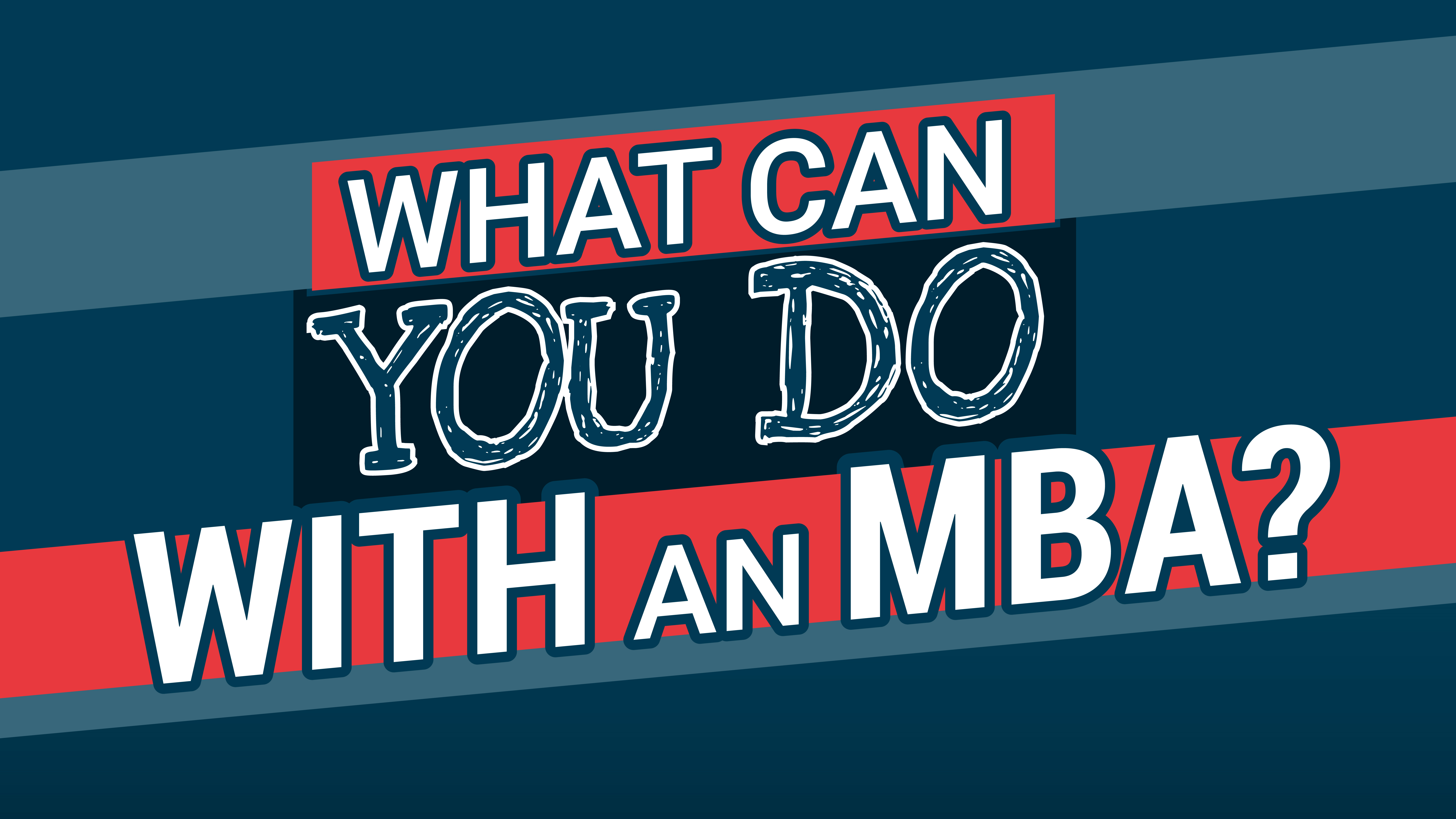Is it too late to get my online MBA?

Written by Grace Stetson

Reviewed by Kathryn Uhles, MIS, MSP, Dean, College of Business and IT

A Master of Business Administration (MBA) can be a top priority for many professionals looking to expand their skill set and prepare for the next steps in their career. Yet a full-time, in-person MBA program can be challenging to complete while holding down a job. Then there is the doubt: If you don’t get your MBA within a few years of completing your bachelor’s degree, did you miss your chance? Will you be able to learn after many years outside of a classroom? What is the average age for MBA students? Entering an online MBA program may be an attractive pathway to learning career-relevant skills while still juggling your adult responsibilities.
This option also allows you to capitalize on what some experts say is an advantage for working adult students: their experience. Such candidates are primed for success in an MBA program because they have context to understand what they’re learning as well as the opportunity to leverage the lessons in real life.
Why pursue an MBA through an online program?
Online programs can offer adult students a more feasible pathway to a graduate degree, thanks largely to the flexibility of its format.
For starters, online coursework means students don’t have to move onto or near the campus of a specific college, potentially uprooting themselves and their families. They can also potentially save money, since the online format may allow them to continue working with little to no interruption to their professional obligations.
Working while pursuing a degree also means you’re earning money to pay your bills and potentially cover the cost of your education. (Employer tuition assistance may also be available.) That is good news, especially when you consider the cost of an MBA. Currently, the average cost for an MBA program is $56,850, with a listed range of $22,620 to $231,276, according to statistics from Education Data Initiative
.
Some programs may also offer cost savings. For example, a competency-based program can be completed in as little as 12 months. Additionally, students with previous degrees and work experience may be eligible for certain transfer credits, allowing them to complete their program even more quickly.
What's the average age for MBA students?
According to data from Zippia Research , the average age for MBA students is 28 years old, and that translates across some of the most well-known programs nationwide. The average MBA student brings four to five years of work or life experience to their degree program, increasing the potential compatibility with the program’s goals.
Kathryn Uhles, dean of the College of Business and Information Technology at University of Phoenix, adds: “I don’t think you’re ever too old for education. People pursue their degrees for a variety of reasons — it could be because they want to move up, it could be a personal goal — but an MBA in particular is a really well-rounded program, so 30 is definitely not too old.”
Adult students bring a certain level of professional experience that may help them better grasp business concepts and how to implement them.
Following graduation, graduates can pursue careers in general manager, operations manager, operations director and business manager roles.
Factors to consider before applying for an online MBA
Each program has different components that appeal to a prospective student. While everyone’s needs differ, these basic factors should be evaluated for any MBA program you’re considering:
- Timeline: How long will it take you to complete the degree?
- Tuition: What will the program cost? Be sure to factor in transfer credits and potential tuition assistance.
- Relevance: How will you be able to use the MBA to enhance your career? MBAs can offer students versatility in their career paths, potentially introducing them to opportunities in the financial, marketing, strategy and operations fields. With an online program, students may feel freer to “try on” different career paths.
Choosing the right program
Online programs have increased in recent years due to factors that include the COVID-19 pandemic and the degree’s popularity. According to the Graduate Management Admission Council’s 2021 report , 46% of online programs experienced an uptick in applications in 2021 compared with 2018. Additionally, the report found a 33% increase in applications for online-only full-time programs between 2019 and 2020.
Of course, not every program is the same. Some may require higher tuition, longer timelines or even more courses — which can deter working professionals. By enrolling in accelerated programs — such as competency-based master’s degrees, students can potentially better balance their studies with their other responsibilities.
For students interested in pursuing their online MBA, a great first step is comparing online program offerings that suit their needs.
Some of the top items that prospective MBA students should consider are:
- Researching and shortlisting programs: Discover and compare the different online program offerings for what works best for you. Determine which online MBA classes are offered, what the timelines are from the start of the program to graduation and what graduates of the program are now doing with their degrees.
- Preparing for the application process: Determine the requirements you’ll have to fulfill for the application itself. Gather your transcripts, write application essays as needed and reach out to trusted sources for reference letters, as needed.
- Applying for financial aid and scholarships: Assess how much each of the online programs you are interested in will cost and determine how much you will be required to pay for the program. Additionally, contact financial aid offices for further insights on scholarship and financial aid offerings.
Next steps: How to begin your journey toward an online MBA
If you’re interested in honing business skills that help prepare for new career opportunities, an online MBA at University of Phoenix is one path to consider. Prospective students can evaluate how they would fit into the program by reviewing the UOPX Academic Annual Report , which includes statistics and facts about the student body, including the average age of new students (38) and those employed while in their program (78%).
To best assess if the UOPX model works for you, check out the program specifics for:
- The MBA program
: This program can be completed in as little as 16 months and can prepare a graduate for a variety of career opportunities.
- The MBA-CB program
: As shared above, the competency-based program is an accelerated program for individuals with adequate professional experience, looking to complete their MBA in under a year.
- Visit the UOPX diagnostic tool
to determine which MBA program works best for the way you learn.
Request more information or apply to a UOPX online MBA program today.

ABOUT THE AUTHOR
Grace Stetson is a freelance journalist and communications strategist dedicated to sharing vital stories with the greater Santa Cruz Community. She writes for various universities and publications throughout the Bay Area, and she coordinates political campaigns in Santa Cruz County. When not at work, Grace is volunteering at the SPCA or Second Harvest, exercising or getting lost in nature with a good audiobook.

ABOUT THE REVIEWER
Currently Dean of the College of Business and Information Technology, Kathryn Uhles has served University of Phoenix in a variety of roles since 2006. Prior to joining University of Phoenix, Kathryn taught fifth grade to underprivileged youth in Phoenix.
This article has been vetted by University of Phoenix's editorial advisory committee.
Read more about our editorial process.




